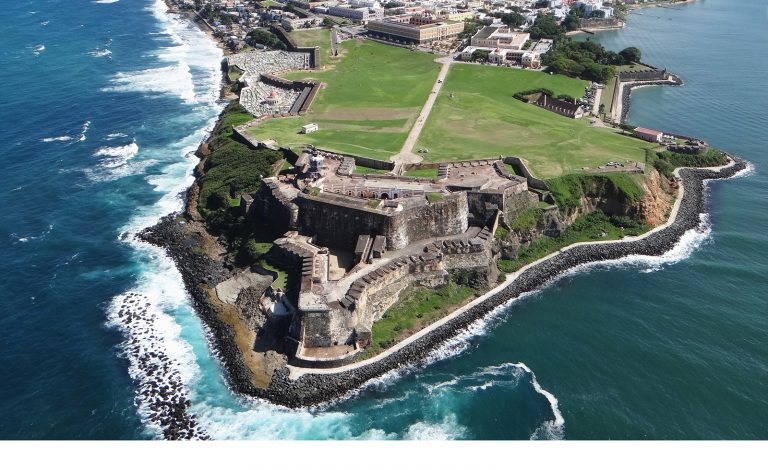Puerto Rico is fighting against its creditors, well, negotiating with them and trying to get the best deal it can on paying back its over $72 billion dollars in debt. Some of this fight is public. The island’s governor has announced that Puerto Rico can’t pay it all back ( some disagree ), at least not as it’s currently structured, and that that both taxpayers and creditors will have to make sacrifices. Representatives of hedge funds holding Puerto Rico’s debt have sat down for negotiations. Some of the fight is being waged behind closed doors. Only some of the hedge funds holding Puerto Rico’s debt, including so-called “vulture” lenders, are publically named. It’s not just one loan; the debt is scattered across a number of lenders and Puerto Rican institutions.
Puerto Rico is not making payments on some loans. Last week, Puerto Rico’s Public Finance Corp. failed to pay its creditors, driving that that part of Puerto Rico’s debt toward default. Puerto Rico’s negotiators playing “hard to get” with it’s borrowers on other loans, trying to force deeper concessions. On Thursday, indebted Puerto Rico power utility Prepa rejected a debt restructuring program from its bond holders. As an army of lawyers an army of economists negotiate with mainland bondholders, it appears that Puerto Rico is going to war against its creditors, trying to force the best terms that it possibly can.
Puerto Rico Has Some Bullets In Its Gun
To understand how Puerto Rico can negotiate with their creditors, we spoke with David Lemke of Waller, a Tennessee-based law firm that reached out to the Latin Times. Lemke knows what these negotiations are like. He represented trustees for holders of water and sewer bonds during Detroit’s bankruptcy in 2013, the largest municipal bankruptcy filing in history. Lemke says that his interest in Puerto Rico is purely academic; according to him neither him nor his firm represent any Puerto Rico bondholders as of press time. Lemke noted how much power Puerto Rico actually has in its negotiations.
Latin Times: Puerto Rico is lobbying congress for a bill that would allow it the same bankruptcy rights as states (it’s a territory). Would that solve the debt crisis?
David Lemke: If the bill that is currently pending is passed, it will permit the Commonwealth of Puerto Rico to authorize its municipalities and public corporations to seek relief under Chapter 9. The legislation will not, however, authorize the Commonwealth itself to file Chapter 9. Therefore, if Congress passes the law, Puerto Rico will not be able to use Chapter 9 to restructure any of its direct obligations, such as its General Obligation (GO) bonds.
LT: Assuming the bill passes, what else can Puerto Rico do?
DL: Puerto Rico, still has some bullets in its gun. First, it may have the practical reality that you can’t squeeze blood from a turnip. If it cannot increase revenues or reduce expenses, then creditors may not have much choice but to accept some kind of compromise.
LT: Puerto Rico’s bondholders can’t pull up in a truck and just repossess the islands assets…
DL: No, not really. Another “bullet” Puerto Rico has the threat of simply not paying and allowing the creditors to seek their remedies. There is a degree of uncertainty over what the creditors can do if Puerto Rico or one of its municipalities or public corporations stops paying. Those creditors who have revenue bonds (e.g., bonds specifically backed by pledged revenues) may have an easier time collecting on their claims.
LT: Did Puerto Rico just fire that “bullet” When the Public Finance Corp. missed a payment?
DL: Maybe, yes. It could be the beginning of the “we’re-just-not-going-to-pay-you” tactic. The deadline for an actual payment default is Aug. 1, and it doesn’t look like they can authorize payment with the legislature out of session until well past that date.
LT: But that’s just one part of a bunch of different corporations and debts. Can Puerto Rico create a policy of nonpayment? What would it look like?
DL: Puerto Rico could actually pass a law to provide from a temporary moratorium. It’s not a clear legal path, but there’s precedent and [favorable] some case law.
By Cedar Attanasio [Latin Times]



